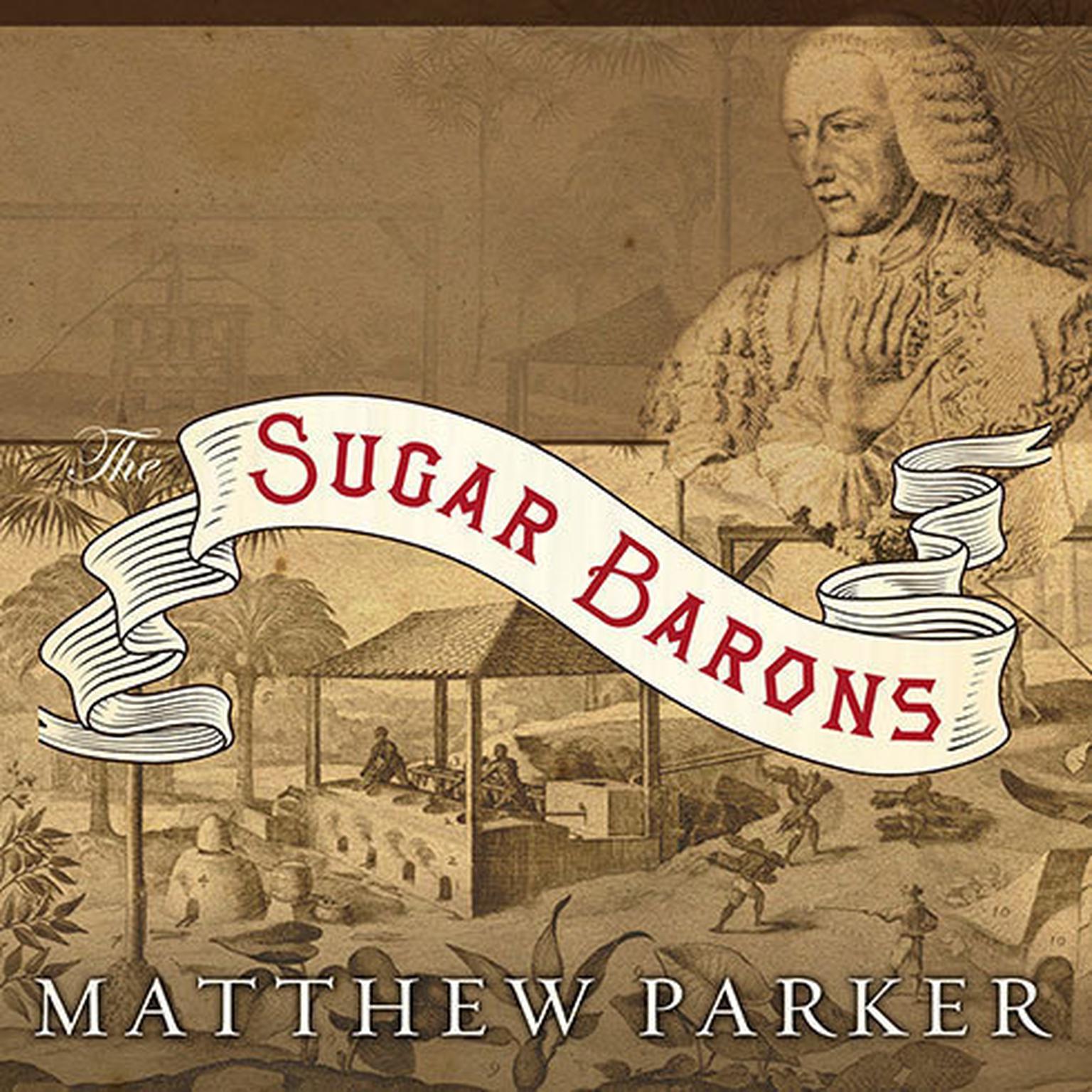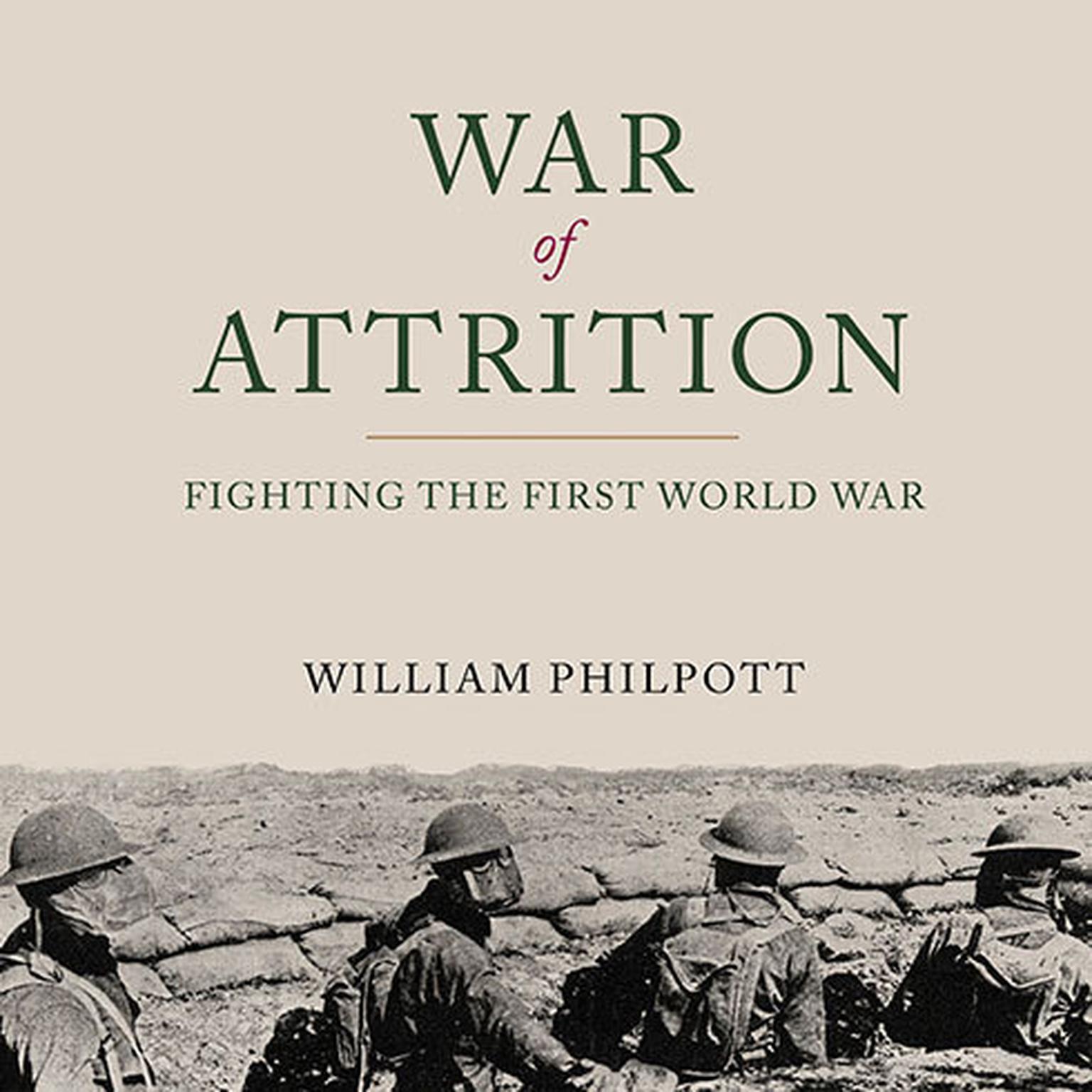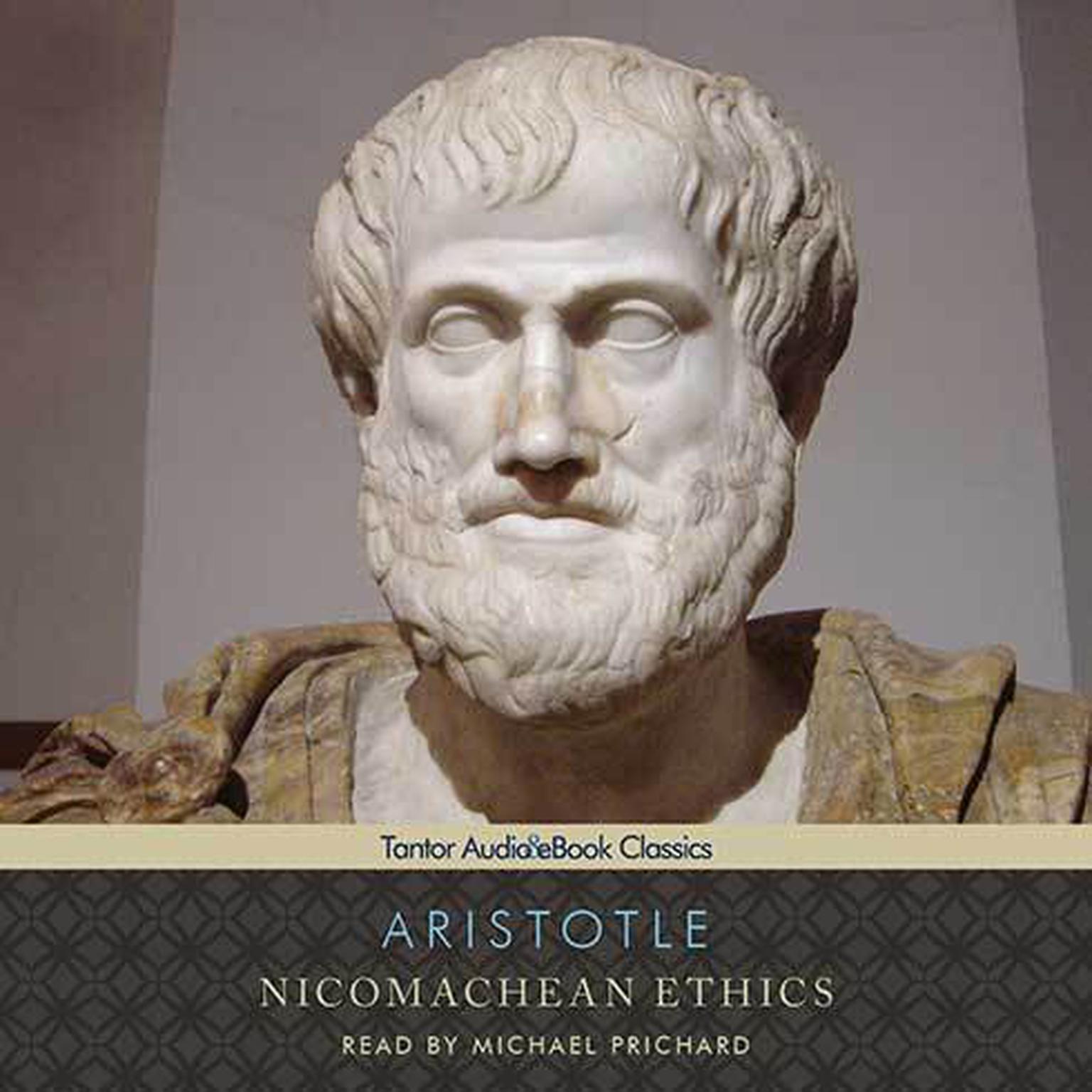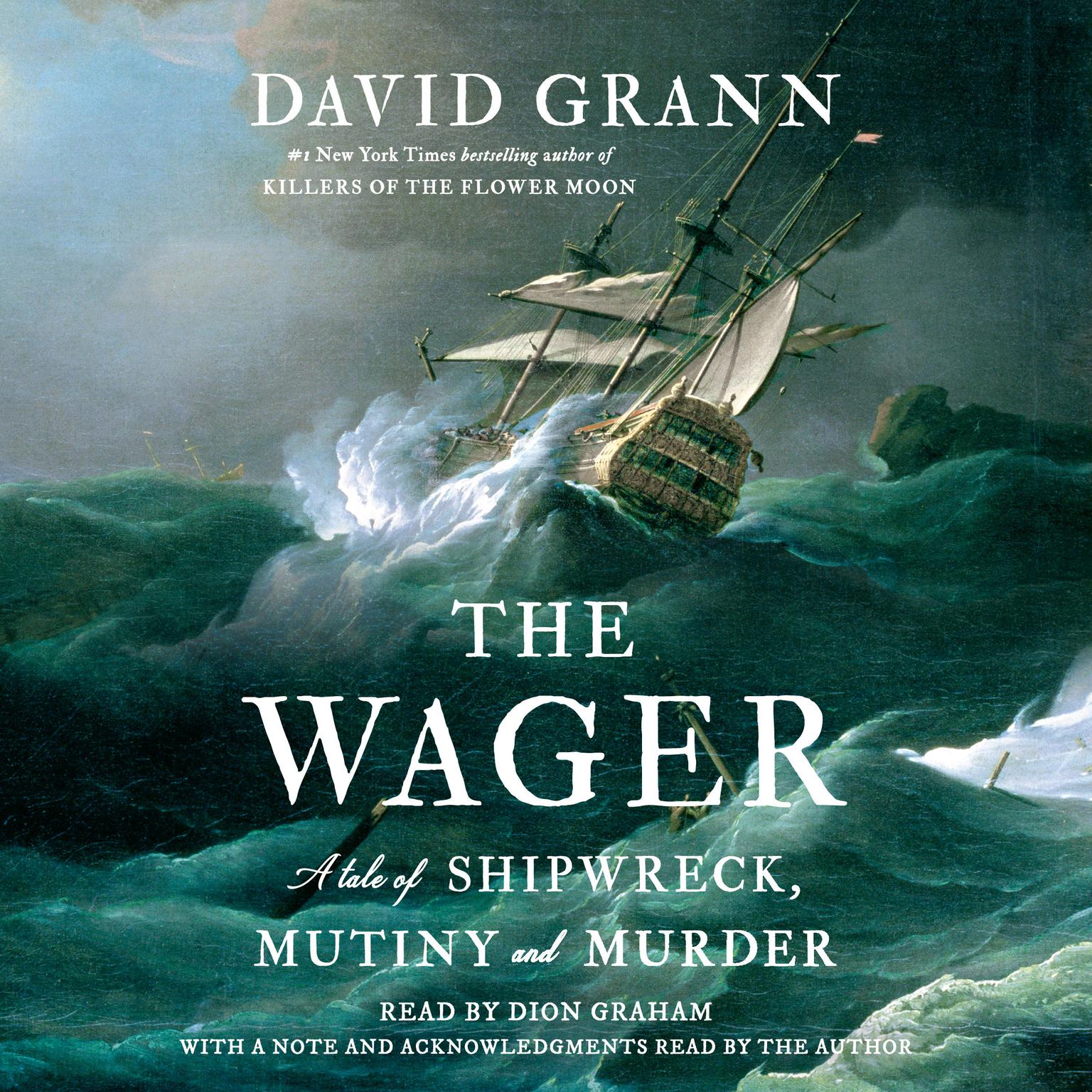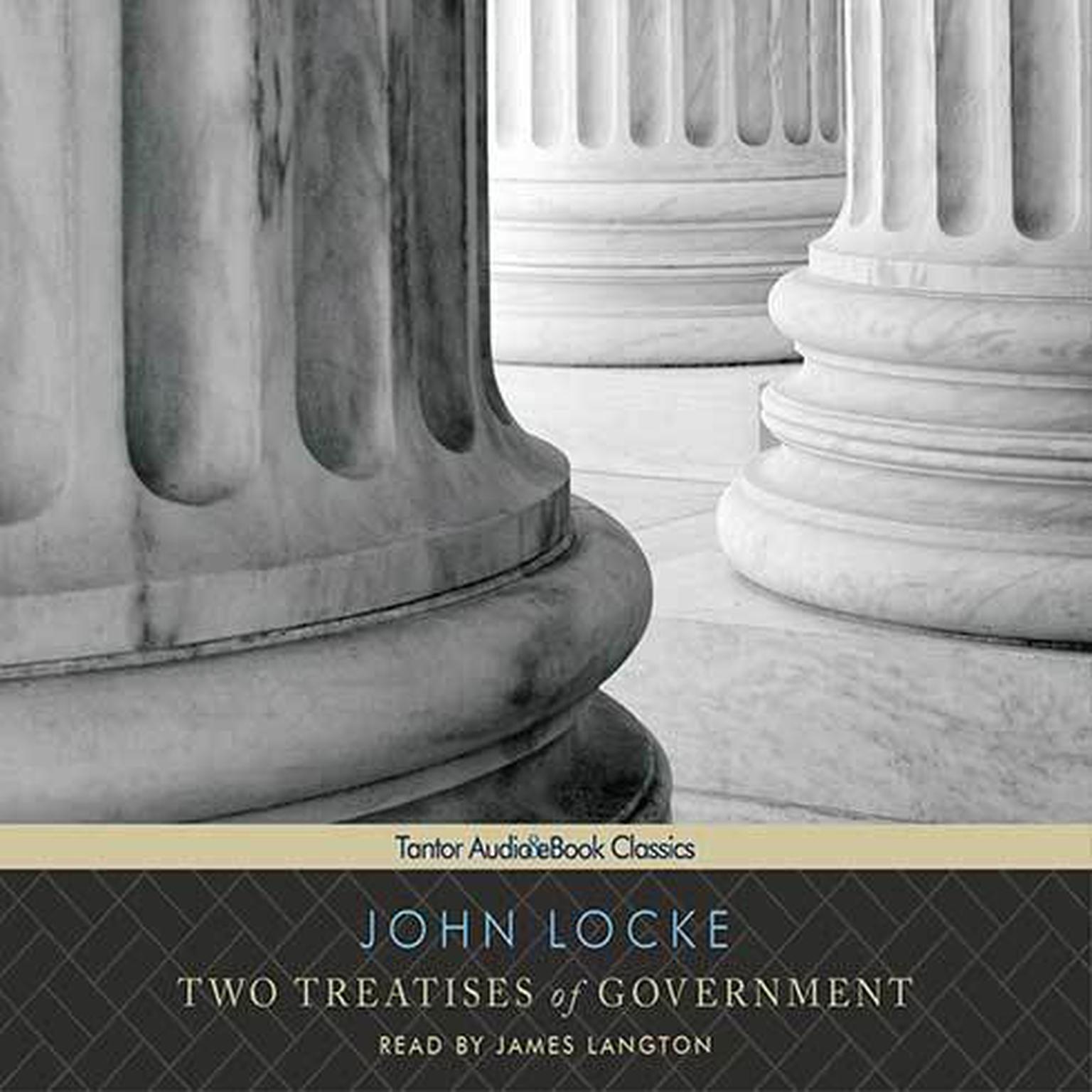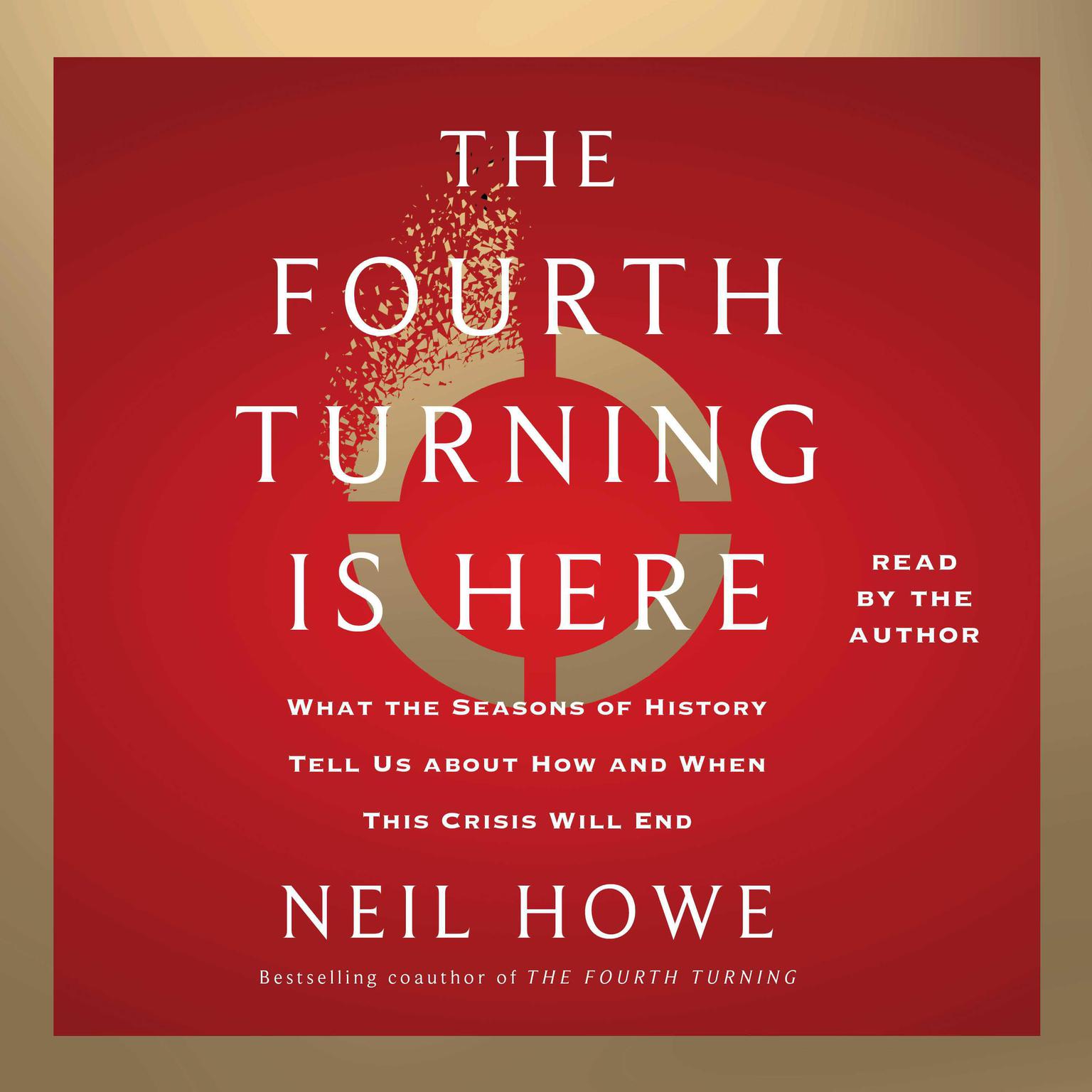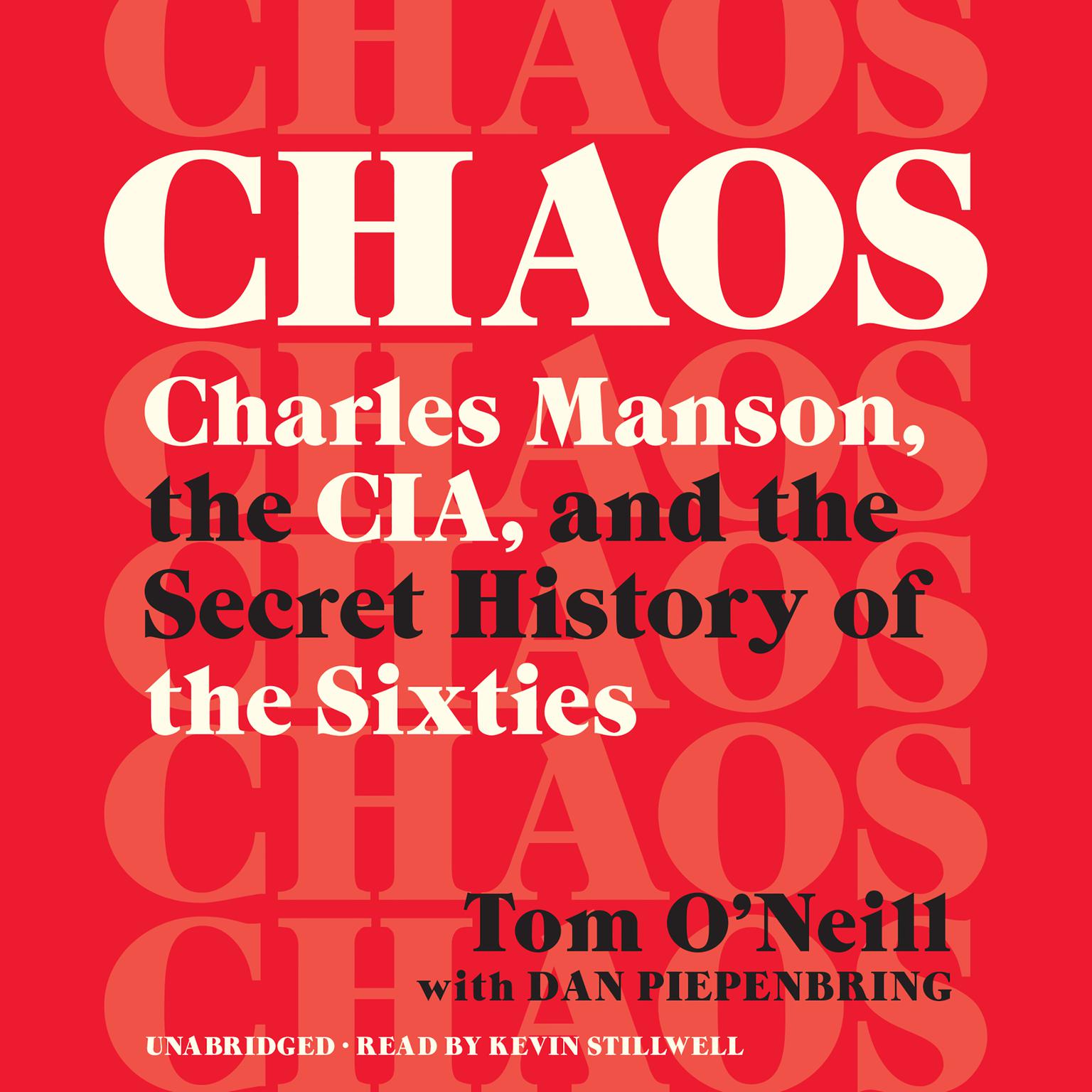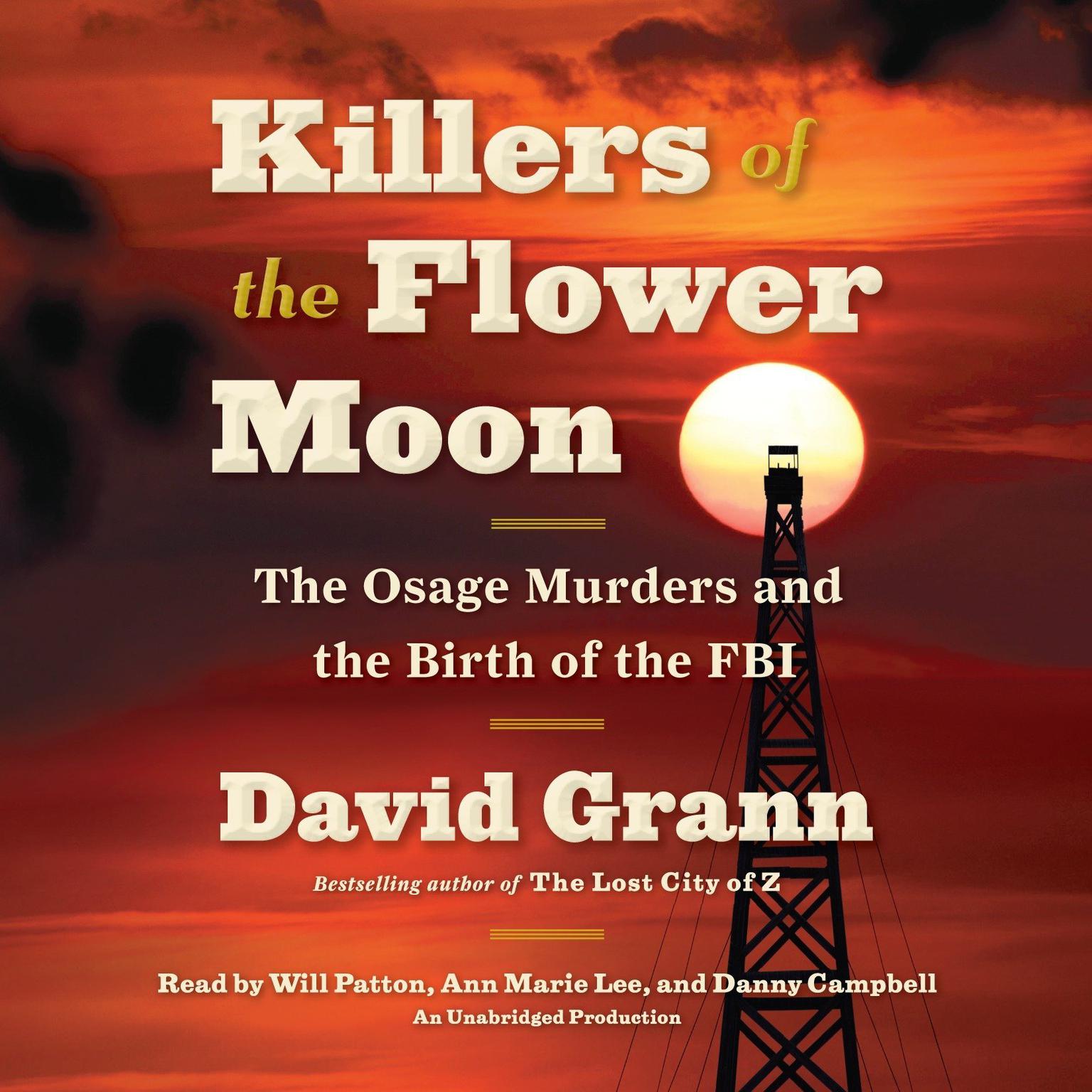Publisher Description
To those who travel there today, the West Indies are unspoiled paradise islands. Yet that image conceals a turbulent, dramatic, and shocking history. For some two hundred years after 1650, the West Indies became the strategic center of the Western world, witnessing one of the greatest power struggles of the age as Europeans made and lost immense fortunes growing and trading in sugar—a commodity so lucrative it became known as “white gold.”
As Matthew Parker skillfully chronicles in his sweeping history, the sugar revolution made the English, in particular, a nation of voracious consumers, so much so that the wealth of her island colonies came to underpin the entire British economy, ultimately fueling the Industrial Revolution. Yet beside the incredible wealth came untold misery: the horrors of slavery and of slaves, on whose backs the sugar empires were brutally built; the rampant disease that claimed the lives of one third of all whites within three years of arrival in the Caribbean; the cruelty, corruption, and decadence of the plantation culture.
For those on the ground, the British West Indian empire presented a disturbing moral universe. Parker vividly interweaves the human stories—since lost to history—of visitors and slaves, overseers and soldiers, and of the families whose fortunes and fame rose and fell on sugar. Their wealth drove the development of the North American mainland states, and with it a slave culture, as the racist plantation model was exported to the warm southern states. Eventually opposition to sugar policy in London helped to unite the North American colonies against Britain.
Broad in scope and rich in detail, The Sugar Barons freshly links the histories of Europe, the West Indies, and North America, and reveals the full impact of the sugar revolution, the resonance of which is still felt today.
Download and start listening now!
“A great book, as it promised a readable history of an important and history making trade. However, it’s the kind of book you need to read in the day time in order to concentrate on it. I don’t get any time to read in the day so I dipped into it. One that I should return to, sometime…..”
—
Rachel (4 out of 5 stars)
